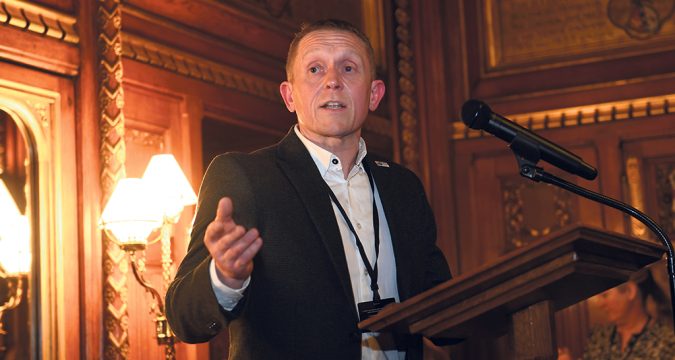 RL Cares chief executive Chris Rostron outlines the charity’s vision for player welfare, explains why its independence is vital and issues a rallying call for fans to show their support.
SINCE its formation more than a decade ago, Rugby League Cares has continued to evolve to meet the needs of the people who live, work and play in the villages,
RL Cares chief executive Chris Rostron outlines the charity’s vision for player welfare, explains why its independence is vital and issues a rallying call for fans to show their support.
SINCE its formation more than a decade ago, Rugby League Cares has continued to evolve to meet the needs of the people who live, work and play in the villages, Rugby League Cares chief outlines charity’s vision and vital work
 RL Cares chief executive Chris Rostron outlines the charity’s vision for player welfare, explains why its independence is vital and issues a rallying call for fans to show their support.
SINCE its formation more than a decade ago, Rugby League Cares has continued to evolve to meet the needs of the people who live, work and play in the villages,
RL Cares chief executive Chris Rostron outlines the charity’s vision for player welfare, explains why its independence is vital and issues a rallying call for fans to show their support.
SINCE its formation more than a decade ago, Rugby League Cares has continued to evolve to meet the needs of the people who live, work and play in the villages, 